As the ideal e-commerce platform for food vendors, Airmart has helped hundreds of home chefs, bakers, and entrepreneurs launch their food businesses online. Whether you want to start a bakery, food truck, personal chef service, or catering company, this guide will tell you everything you need to know about how to start a food business.
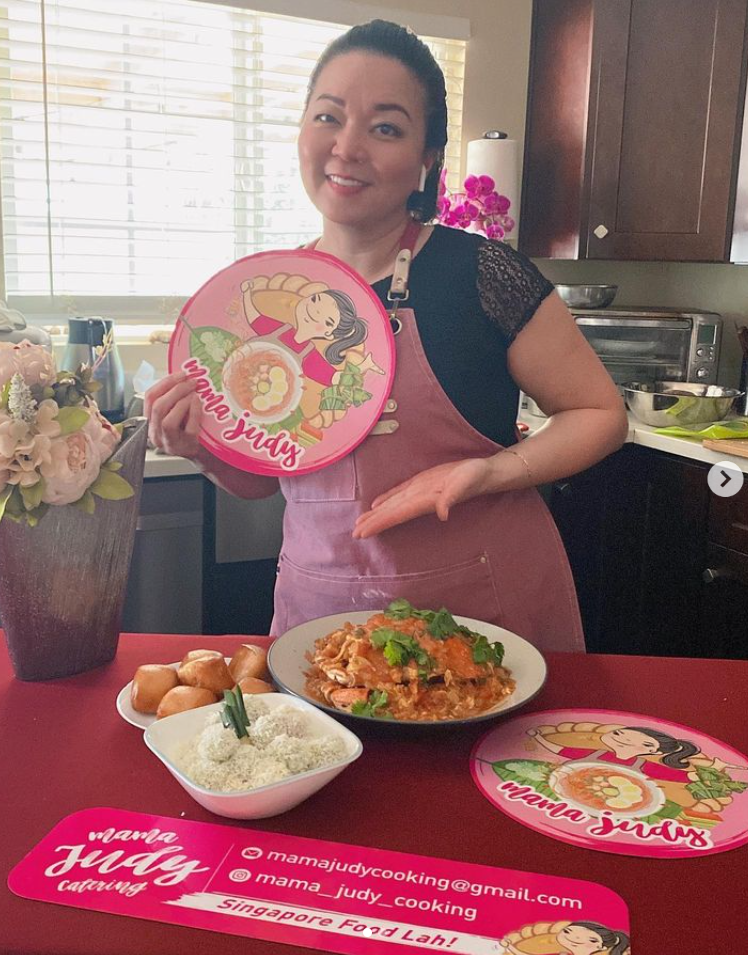
Food Business Ideas
If you haven’t nailed down a food business idea yet, check out these Airmart food vendors for inspiration:
- Fleur & Sol is a luxury picnic service providing customizable picnic packages.
- Miss Dulcelicious offers catering for parties and events.
- Thaa Pineapple Stop sells pineapple fried rice bowls at food festivals and events.
- Pia’s Thai Kitchen is a meal prep service offering individually packaged meals and family dinners.
- Kei’s Specialties makes Filipino breads and ube pastries.
Your food business doesn’t have to be a traditional restaurant or bakery. Mindy of Yummi Chia created a grab-and-go breakfast product that she now sells to hotels. Other food business ideas include selling microgreens, growing your own produce, foraging for mushrooms, roasting coffee, and winemaking.
Food Business Name
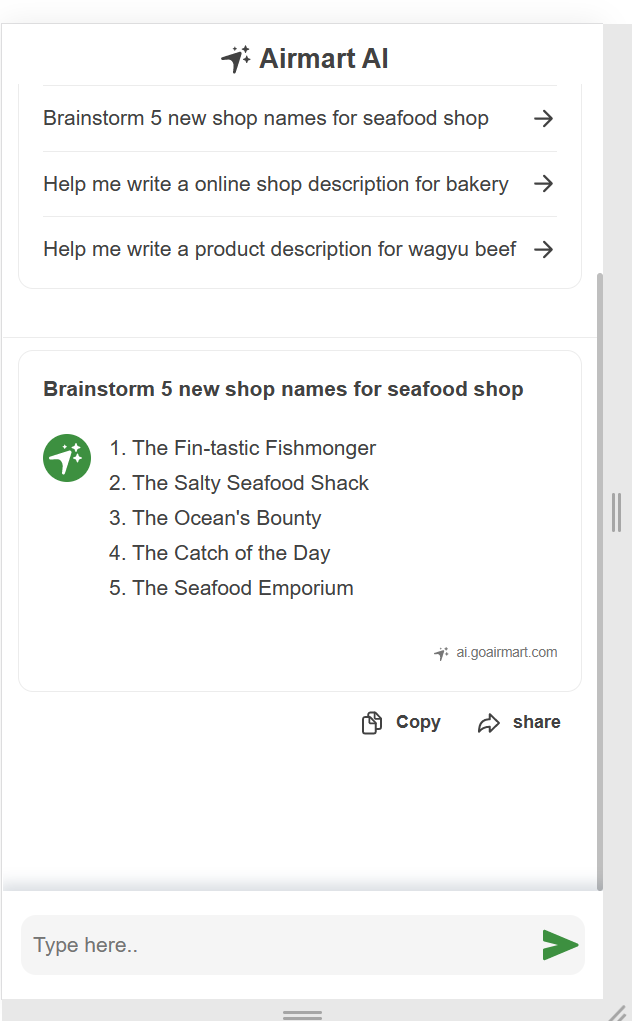
Now that you know what you are selling, it’s time to come up with a name for your food business. You can use the food business name generator feature on the Airmart AI writing tool to help you brainstorm ideas.
Food Business Plan
The first step for starting a food business (after you know what you want to sell) will be to create a business plan. A business plan summarizes the viability of your food business idea as well as the logistics of operating the business. Every food business plan will include:
- The problem you are solving. In the case of food businesses, this will be a description of your business and the gap you are filling in the market.
- A sample menu
- Your target market. Identify your target customers.
- The competitor landscape
- Finances: expenses, projected revenue, how you will obtain funding, etc.
- A marketing and sales plan
You can find food business plan templates here.
For a comprehensive food truck business plan guide, check out this blog.
Funding: How to Start a Food Business with No Money
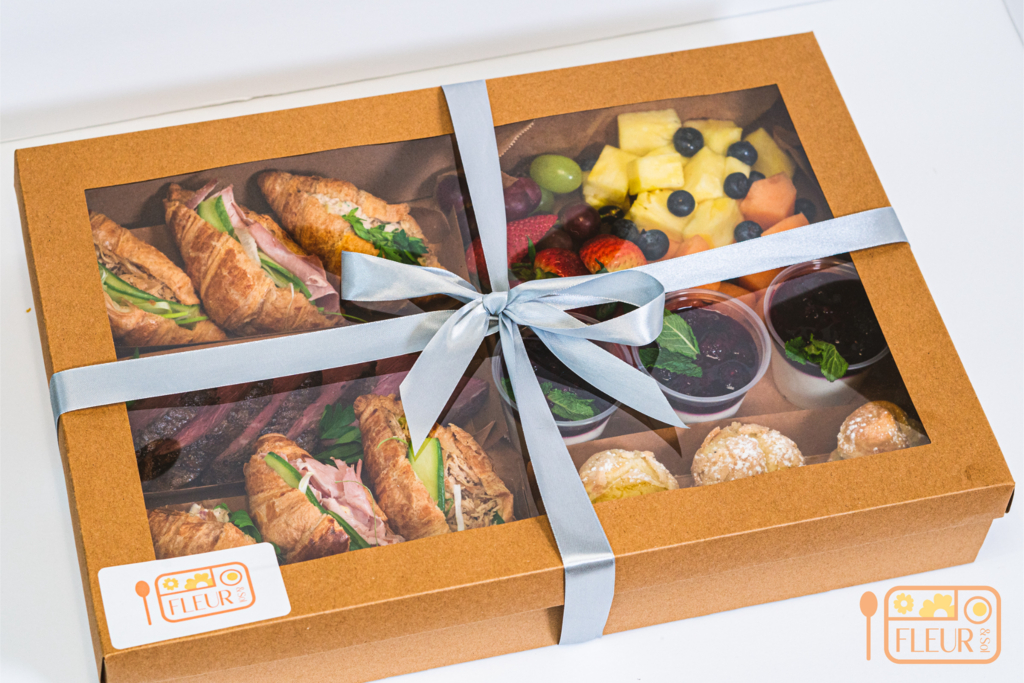
The biggest question you probably have about how to start a food business is: Where do I get the money? Food business owners can raise money with small business grants, crowdfunding campaigns, friends and family, and investors, but it is also possible to start a food business with little to no funds. Here’s how:
- Use your home kitchen if possible. Do not rent a commercial kitchen unless your local laws require it.
- Sign up for Airmart. Our platform allows you to set up a free online ordering system for your food business. You can even avoid credit card fees by taking alternative forms of payment like Zelle, PayPal, Venmo, and Cash App.
- Take pre-orders only. Do not buy ingredients until you receive orders. Most Airmart food vendors take pre-orders for the week, make every order in a batch, and have all customers pick up the food on the same day.
- Use free marketing tools. Our marketing playbook is full of free strategies you can use to promote your food business.
Two of our bakery merchants, Sweet Pipers and Honolulu Rose Cakeshop, have had so much success selling online and at events that they have been able to purchase space for brick-and-mortar shops!
Starting a food business from home
If you want to save on costs and are wondering how to start a food business from home, you’ll need to look into your state’s cottage laws.
Legal Requirements
For some bakeries and other food businesses that do not sell potentially hazardous foods (usually meaning meat, cream, and anything temperature-sensitive), you can simply register as a cottage food operation in your state and complete a food safety course. For all other restaurants and food businesses, you will need to obtain permits.
In California, you can register your food business as a microenterprise home kitchen operation (MEHKO). However, this registration does not apply to catering businesses and is only available in certain cities/counties. To establish your food business as a MEHKO, you must follow these steps:
- Submit a permit application to the local environmental health agency
- Obtain an inspection of your home kitchen
- Complete an approved food manager certification
MEHKOs also have these restrictions:
- Direct-to-customer sales only, which means you cannot sell your food to grocery stores or restaurants
- Food must be prepared, cooked, and served on the same day
- Only 30 meals per day, or a total of 60 meals per week
- Gross annual sales limit of $50,000
To learn more about selling food from home, check out this article by Civil Eats.
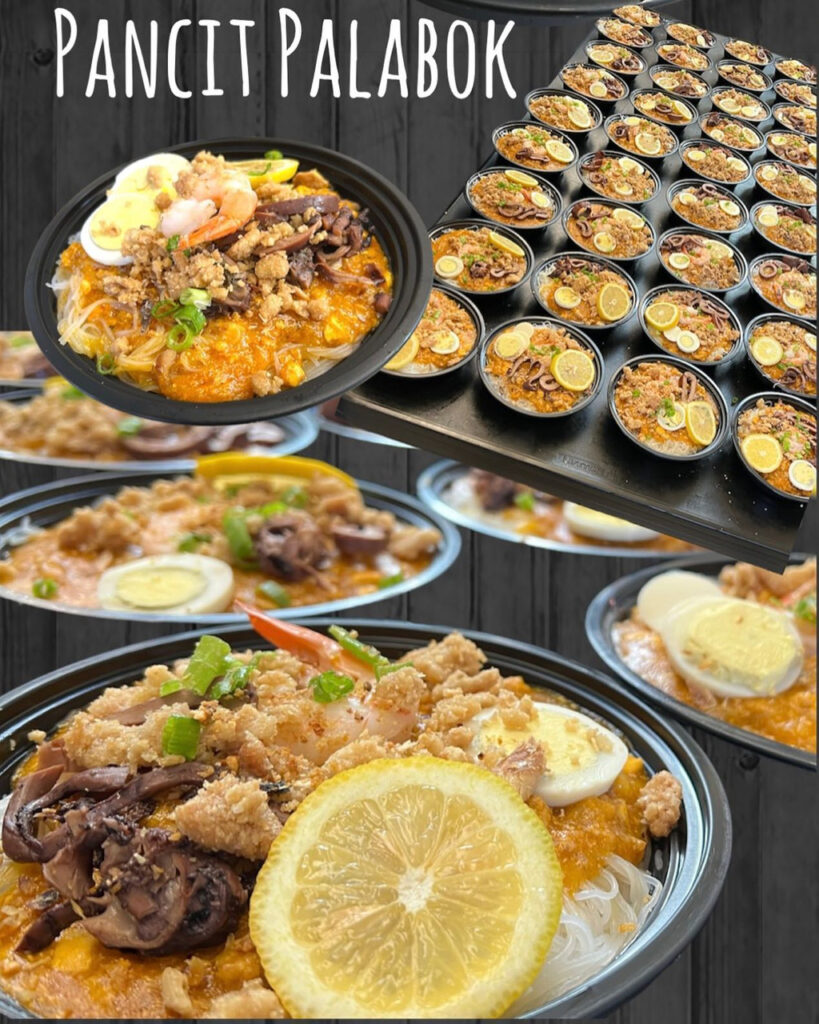
If you have a catering business, want to sell more than 60 meals per week, or live in a county where MEHKOs are not allowed, you must operate your food business in a commercial kitchen.
Food trucks and food carts have different permit requirements. You can find out more about what you need to start a food truck in California in this business guide.
To learn about food laws in other states, check out the Institute for Justice resources:
Selling food from home in Texas
Selling food from home in Florida
Food Vendor Insurance
Every food business will need food vendor liability insurance. Depending on where you operate, you may need additional insurance policies. This guide from Fit Small Business can help you navigate the different types of insurance and coverage levels.
Food Delivery
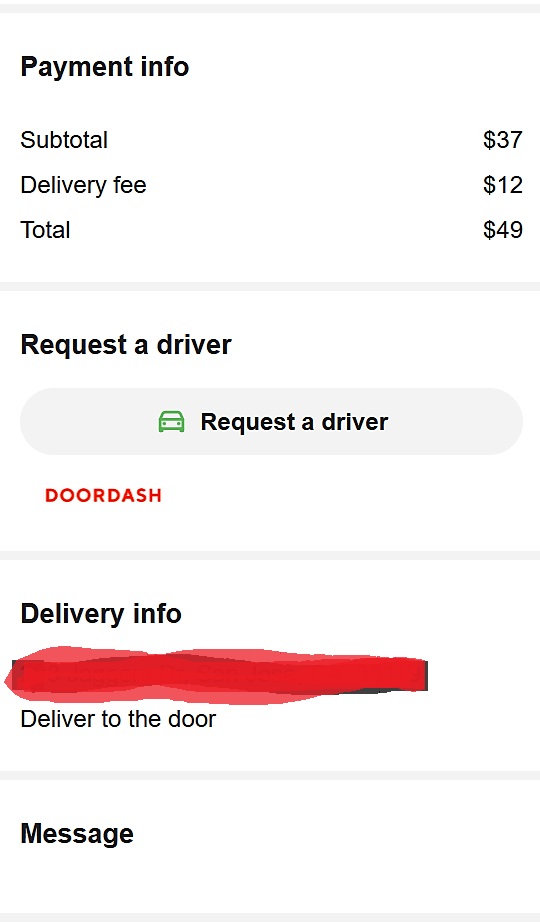
The Airmart app allows you to access DoorDash delivery drivers with the click of a button. You can also use our route planning tools if you want to hand-deliver food to customers in your local area. Food vendors who sell packaged foods or other menu items that can travel can also ship orders with Airmart.
Food Business Marketing
Here are some ideas for how you can spread the word about your food business:
- Get your food business on social media by creating an Instagram, posting in Facebook groups, registering with Yelp, and making TikToks.
- Drop business cards off at local offices, coffee shops, and other small businesses.
- Host a pop-up event or sell at a farmer’s market.
- Send postcards announcing your grand opening.
- Offer free samples at a local event.
- Donate food to a popular fundraiser or charity event.
The Airmart team can help you create and execute a comprehensive marketing plan utilizing SEO, the local press, Google My Business, and social media.
It’s time to make your food business dreams a reality.